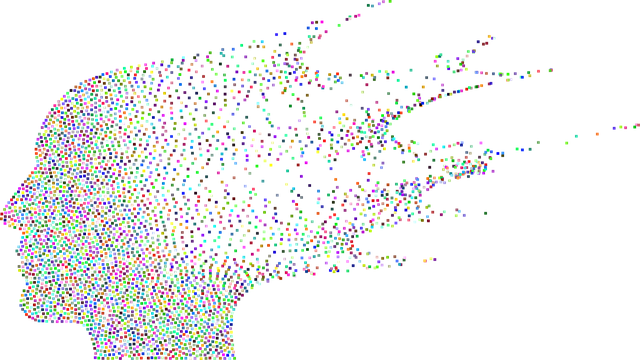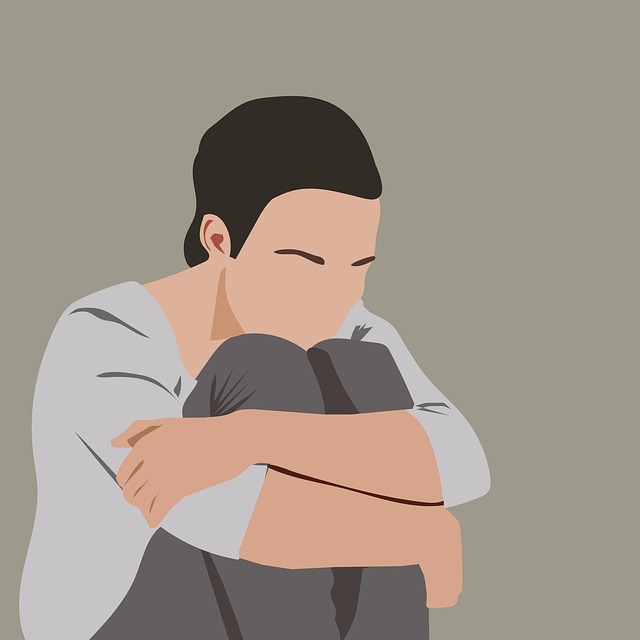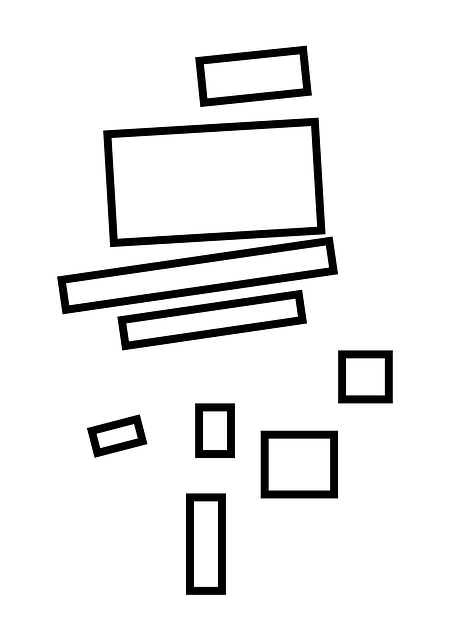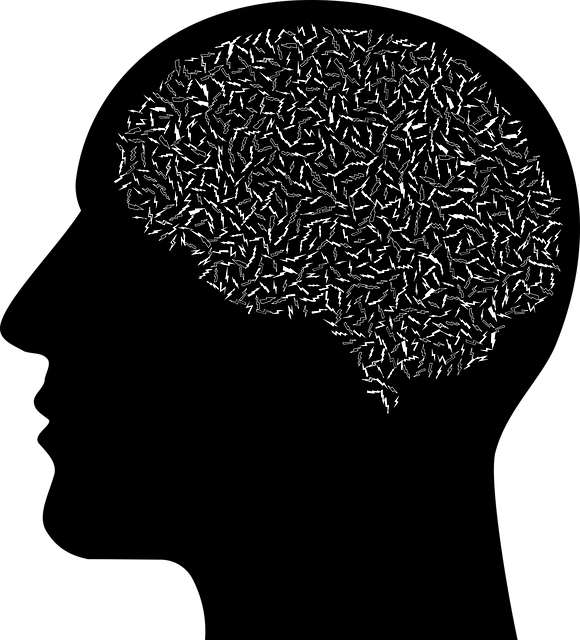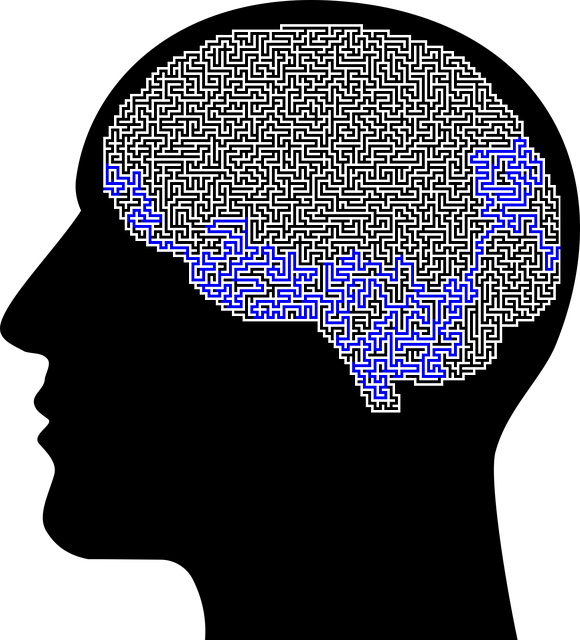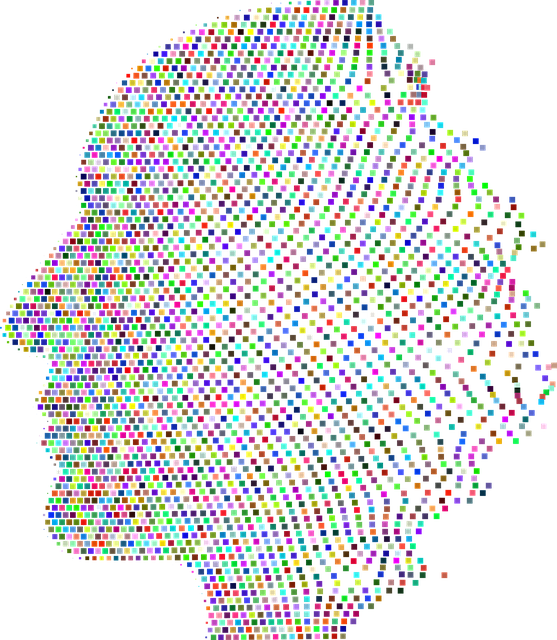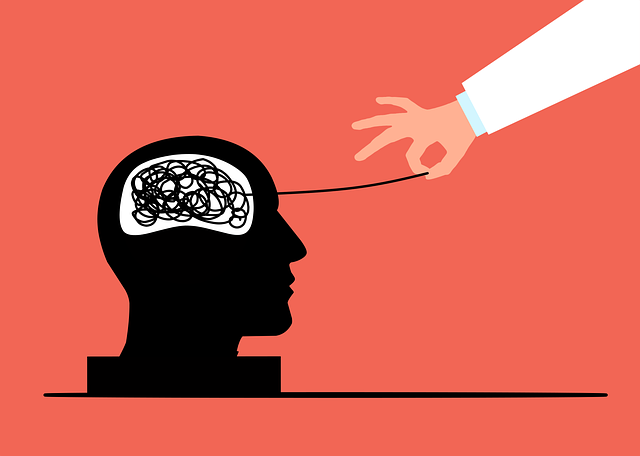Mental health diagnoses in children and men present unique challenges due to brain development differences, societal expectations, and communication styles. Common issues include anxiety, depression, ADHD, and eating disorders, each requiring specialized therapy approaches. For children, play therapy and CBT are effective. Men face barriers to seeking help but can benefit from crisis intervention and active listening. Diagnosis involves comprehensive assessments by qualified professionals, followed by tailored treatment plans incorporating evidence-based practices like CBT or DBT. Support systems, self-care routines, online resources, and community groups enhance therapeutic outcomes for both children and men's mental health issues.
Mental illness diagnosis and treatment navigation can be complex, especially for children and men facing unique challenges. This comprehensive guide delves into the crucial aspects of understanding mental health diagnoses specific to these demographics, navigating a variety of effective therapy options, and leveraging powerful support systems and resources. By exploring these key areas, individuals and families can empower themselves to seek appropriate care and foster recovery. For parents, caregivers, and those personally affected, this article offers valuable insights into therapy for children and men’s issues.
- Understanding Mental Health Diagnosis for Children and Men: Unveiling Common Issues
- Navigating Treatment Options: A Comprehensive Guide for Effective Therapy
- Support Systems and Resources: Empowering Recovery in the Face of Challenges
Understanding Mental Health Diagnosis for Children and Men: Unveiling Common Issues

Mental health diagnoses for children and men often present unique challenges due to differences in brain development, societal expectations, and communication styles. Common issues include anxiety disorders, depression, attention-deficit/hyperactivity disorder (ADHD), and eating disorders, each requiring tailored therapy approaches. For children, play therapy and cognitive behavioural therapy (CBT) are effective tools that help them express emotions and develop coping skills in a safe environment. Men, on the other hand, may face barriers to seeking help due to societal norms encouraging stoicism. Crisis intervention guidance and communication strategies that focus on active listening can be instrumental in breaking these barriers and promoting open dialogue about mental health concerns.
The process of diagnosis involves comprehensive assessments by qualified professionals who consider medical history, symptoms, and behavioural observations. Once diagnosed, tailored treatment plans incorporating evidence-based practices, such as CBT or dialectical behaviour therapy (DBT), alongside coping skills development, can significantly improve outcomes. These therapies not only address the underlying mental health issues but also equip individuals with the tools to manage their conditions effectively in their daily lives.
Navigating Treatment Options: A Comprehensive Guide for Effective Therapy

Navigating treatment options for mental health struggles is a crucial step towards healing and recovery. The vast array of therapies available can be overwhelming, especially when considering specific needs like those of children or men facing unique mental wellness challenges. A comprehensive guide offers clarity and direction, ensuring individuals access effective therapy tailored to their issues.
For children, therapy often involves play therapy, art therapy, or cognitive-behavioral therapy (CBT), which caters to their developmental stage. Men, on the other hand, may benefit from evidence-based practices like dialectical behavior therapy (DBT) or specialized programs addressing gender-specific challenges. Mental wellness journaling and exercise guidance, coupled with stress management workshops organized by awareness-focused organizations, can significantly enhance therapeutic outcomes. By providing a structured framework, these resources empower individuals to actively participate in their healing journey.
Support Systems and Resources: Empowering Recovery in the Face of Challenges

Support systems play a pivotal role in navigating mental illness diagnosis and treatment. For children and men facing unique challenges, access to specialized therapy services can be transformative. Cognitive Behavioral Therapy (CBT), for instance, has proven effective in addressing anxiety, depression, and other common childhood mental health issues. This therapeutic approach equips young individuals with coping strategies to manage their conditions effectively. Moreover, involving supportive family members or caregivers in the therapy process enhances recovery outcomes significantly.
Integrating self-care routines into daily lives is another empowering aspect of mental wellness management. Encouraging activities like mindfulness meditation and engaging in hobbies can prevent burnout, a common hurdle on the path to recovery. Developing a consistent self-care routine fosters resilience and equips individuals with tools to navigate stressful situations healthily. Additionally, leveraging online resources and community support groups provides a sense of belonging and accessible information tailored to various mental health concerns, including men’s issues, ensuring individuals feel supported throughout their journey towards improved mental health.
Mental health diagnosis and treatment can be a complex journey, especially for children and men facing unique challenges. By understanding common issues specific to these groups, such as anxiety disorders, depression, or trauma in children, and substance use disorders, bipolar disorder, or PTSD in men, we can improve access to effective therapy. A comprehensive guide to navigating treatment options ensures individuals receive personalized care, leveraging evidence-based practices and support systems. Empowering those with mental illness requires a collective effort to break down barriers and provide resources that foster recovery and overall well-being for children and men alike.
